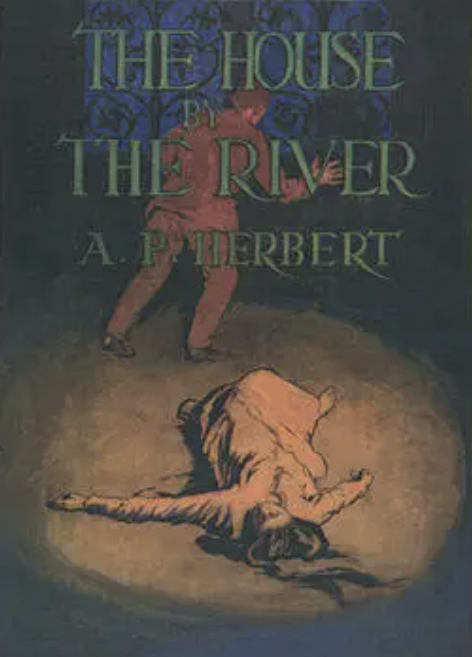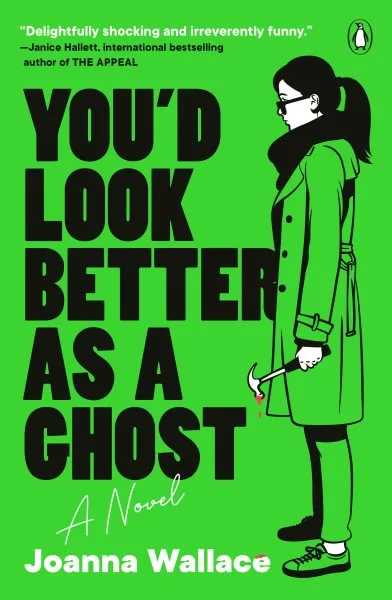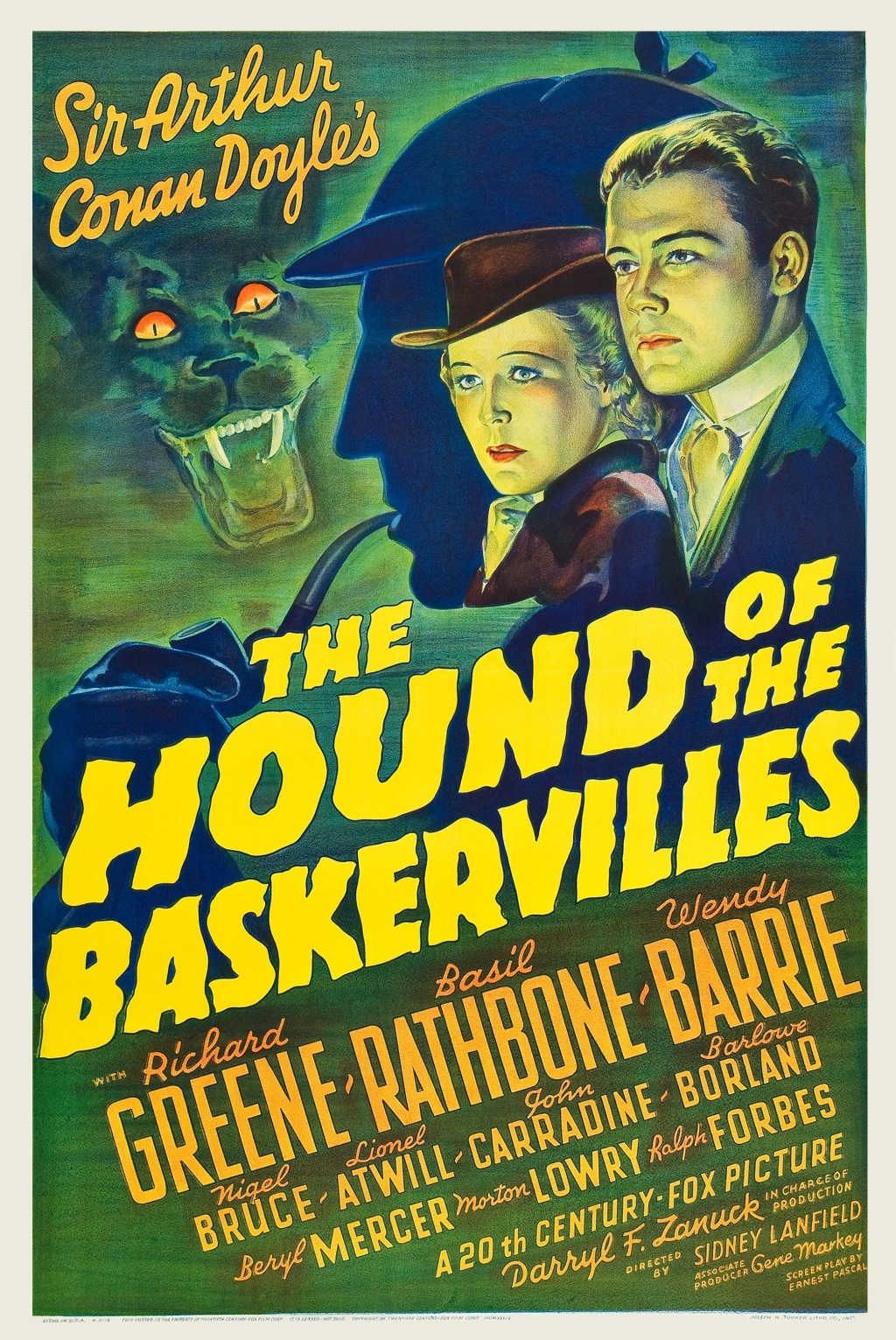
Paul Halter
Originally Published 1991
Dr Twist #6
Preceded by The Tiger’s Head
Followed by The Demon of Dartmoor
In preparing this review I took a moment to go back and read what I had written about previous Halter novels and was shocked by what I found. Folks – it’s been nearly FOUR MONTHS since I last read a Paul Halter.
That was The Phantom Passage, a novel I found to be a little disappointing in the way it was resolved. In the comments JJ suggested that I may want to take a look at The Seventh Hypothesis and I decided, for once, to actually follow-up on a Halter suggestion. I am glad I did because this novel is, to date, my favorite of his works I have read.
The plot is, as can be quite typical of his work, overstuffed with elements which can make it a challenge to summarize. The best I can offer is that Halter presents us with two crimes that, because of some coincidences, appear to be linked.
The novel opens with a policeman having a strange encounter with a man dressed as a medieval plague doctor. Soon afterwards he encounters a man dressed in the manner of a very old-fashioned doctor who addresses him as a confederate worried about where they have hidden a body. The policeman investigates, searching the three bins in turn without finding anything. The doctor pronounces himself a doctor of crime and, upon leaving, directs the policeman to look in a bin again where he finds a corpse.
Later the private secretary of a playwright comes to see Dr. Alan Twist and Archibald Hurst to tell them about his concerns regarding a conversation he overheard between his employer and a visitor. He tells them that the pair have made a murder pact in which one will commit a crime and try to blame it on the other. If that wasn’t confusing enough, at a key moment in their conversation one of the pair picked up a doll that resembled a plague doctor, calling back the first case.
In the past I have complained about feeling Halter incorporates too many ideas into a single story, opting for style and theatrical moments rather than logical plot developments. For instance, I took issue with some of the deaths in The Demon of Dartmoor which I felt stretched credibility. The Seventh Hypothesis follows the same pattern of incorporating a lot of ideas and incident into a very short page count and yet here the mixture works with those elements seeming to support each other.
Part of the reason I think it works so well here is the central conceit of the challenge between the playwright and his rival, a renowned actor, into which all of the other elements are folded. Halter wastes no time trying to convince us that what we are seeing may be coincidences or misunderstandings but he establishes at least some points in the secretary’s story to be true. He does this both by having the investigators discover inconsistencies in stories but also by directly showing us conversations between the two suspects, making us aware of their responses to some developments.
JJ calls the interactions between those two characters as being ‘a sumptuous, insanely dizzying whirligig’ and I heartily concur. I found both the report of their conversation and the meetings between them to be thoroughly intriguing and while this apparent narrowing of our field of suspects should be limiting, the construction of the plot helps ensure that the reader can never entirely trust the evidence they have before them.
What creates that ‘whirligig’ feel he alludes to is Halter’s breathless plotting. It is rare for a chapter to pass without a small revelation or incident taking place which changes our understanding of what is happening or significantly moves the case forwards. For instance, there are several further murders that take place after the discovery of that first body, making an already complicated case even harder to unravel. Even the secretary’s report of the conversation he overhears contains two or three significant reversals and revelations.
Halter’s stylistic flourishes are also very well executed, creating an unsettling oddness that may initially seem a little forced and yet fit perfectly into this very theatrical plot Halter constructs. While I enjoyed those early passages in which the doctors in historical dress talk about plague in the city, I did wonder if these existed just to create a sense of atmosphere but I was pleasantly surprised by the way he incorporates those costumes into the plot and makes them feel necessary rather than an indulgence.
The solution to the story is cleverly constructed and quite audacious. Each of the explanations makes sense as logical and consistent with the evidence and I thought some of the ways clues were utilized were quite novel. Some may question whether Twist proves all of his case and I do take their point – the most questionable revelations occur in the epilogue and while I guessed at them I do not know that he could have proved them – but the logical process he describes in reducing his suspect pool in the run up to the accusation makes perfect sense to me and I do think he proves his case mechanically, if not convincingly when it comes to motivation.
Given my fairly glowing sentiments about this book I guess the question I am left with is why isn’t this picked as a highlight of Halter’s oeuvre? My feeling is that it probably comes down to how, unlike much of his translated work, the mystery is neither an impossible crime nor a locked room. Aspects of it are certainly incredible and audacious and may look impossible but it is fairly simple to work out how the disappearing and reappearing body may have taken place. The challenge is in knitting all of these elements together to understand why these things occurred.
I enjoyed that challenge a lot and found the book to be stimulating, imaginative and satisfying right up to the conclusion. After this experience I certainly don’t think it will take four months for me to pick up another Halter – the only challenge will be deciding which one. Fortunately I still have a fair amount of his back catalog to work through…




Leave a comment